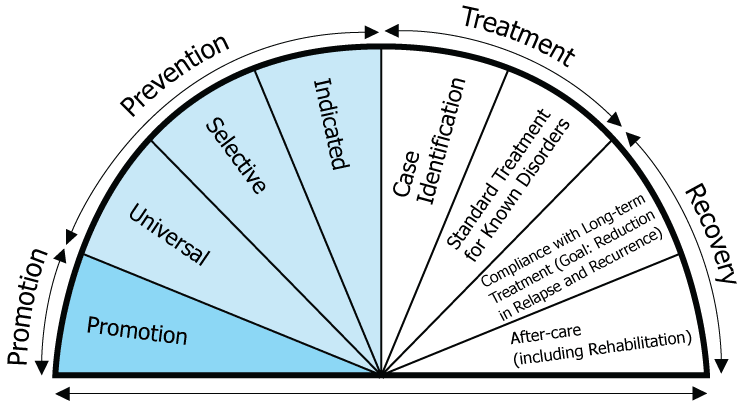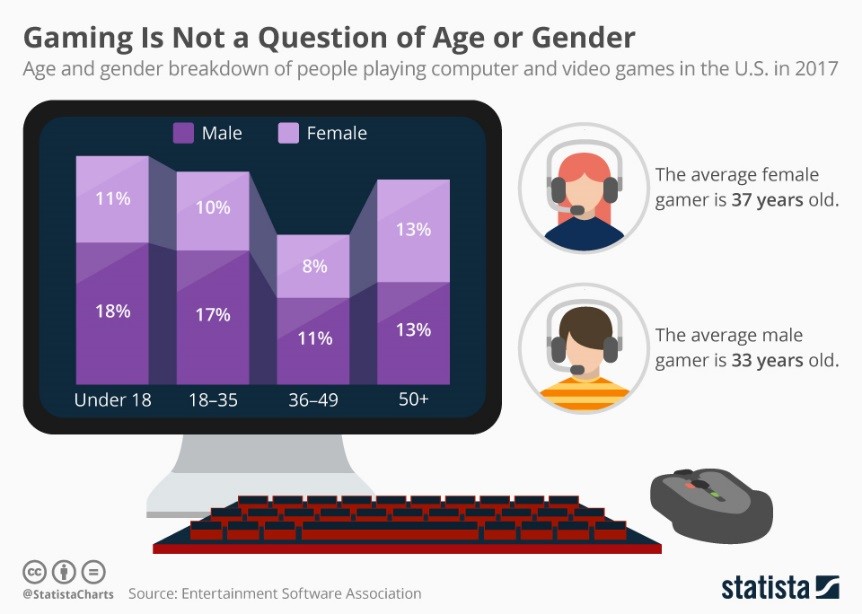It can't be cured, however it can be handled with treatment. Other examples of persistent illness consist of asthma, diabetes, and heart illness. It is critical that treatment simultaneously attends to any co-occurring neurological or mental disorders that are understood to drive susceptible individuals to experiment with drugs and end up being addicted in the very first place.
3 Research studies released in top-tier publications like The New England Journal of Medication support the position that dependency is a brain illness. 4 An illness is a condition that changes the method an organ functions. Dependency does this to the brain, altering the brain on a physiological level. It literally modifies the method the brain works, rewiring its fundamental structure.
Although there is no remedy for dependency, there are numerous evidence-based treatments that are effective at managing the health problem. Like all persistent health problems, addiction requires ongoing management that may include medication, treatment, and lifestyle change. Once in recovery from substance usage condition, a person can go on to live a healthy and successful life.
The human brain is wired to reward us when we do something pleasant. which neurotransmitter is involved in drug addiction?. Working out, consuming, and other pleasurable habits directly connected to our health and survival trigger the release of a neurotransmitter called dopamine. This not only makes us feel great, however it motivates us to keep doing what we're doing.
Not known Facts About How To Stop Drug Addiction Without Rehab
5 Drugs trigger that very same part of the brainthe reward system. However they do it to an extreme degree, rewiring the brain in damaging ways. When somebody takes a drug, their brain releases severe amounts of dopamineway more than gets released as a result of a natural pleasant habits. The brain overreacts, decreasing dopamine production in an attempt to normalize these abrupt, sky-high levels the drugs have developed.
How the Brain Reacts to Natural Rewards & Drugs (NIDA) Research studies have actually revealed that constant substance abuse significantly restricts a person's capability to feel satisfaction. at all. 6 In time, drug usage causes much smaller sized releases of dopamine. That means the brain's reward center is less receptive to satisfaction and pleasure, both from drugs, along with from every day sources, like relationships or activities that an individual as soon as enjoyed. would most quickly result in dependence or addiction would be:.
7 Withdrawal occurs when a person who's addicted to a substance stops taking it completely: either in an effort to give up cold turkey, or since they do not have access to the drug. Somebody in withdrawal feels absolutely horrible: depressed, despondent, and physically ill. Brain imaging research studies from drug-addicted people reveal physical, measurable modifications in locations of the brain that are crucial to judgment, decision making, discovering Find more info and memory, and habits control.

8 A promising student might see his grades slip. A bubbly social butterfly may all of a sudden have problem rising. A reliable sibling may start taking or lying. Behavioral modifications are directly linked to the drug user's changing brain. Yearnings take over. These yearnings hurt, consistent, and distracting.
How Is Most Likely To Be Successfully Treated By can Save You Time, Stress, and Money.
Particularly given the strength of withdrawal symptoms, the body desires to prevent remaining in withdrawal at all expenses. "We need to inform our kids that a person drink or one tablet can cause a dependency. Some of us have the genes that increase our threat of dependency, even after simply a few usages.
But eventually throughout use, a switch gets flipped within the brain and the choice to utilize is no longer voluntary. As the Director of the National Institute on Substance abuse puts it, it's as if an addicted individual's brains has been hijacked. Anyone who attempts a substance can end up being addicted, and research reveals that the bulk of Americans are at danger of establishing dependency.
What's more, 42% of 1718 years of age report that they've tried illegal drugs. 10 After initial exposure, nobody selects how their brain will react to drugs or alcohol. So why do some people develop addiction, while others do not? The current science indicate three primary aspects. Scientific research has actually revealed that 5075% of the probability that an individual will develop dependency originates from genes, or a family history of the illness.
Research study reveals that growing up in an environment with older adults who utilize drugs or participate in criminal behavior is a danger aspect for dependency. Protective aspects like a stable house environment and encouraging school are all proven to decrease the danger. Addiction can develop at any age. However research shows Look at more info that the previously in life a person tries drugs, the most likely that person is to establish addiction.
The Best Strategy To Use For What Is Holistic Treatment For Drug Addiction
Presenting drugs to the brain throughout this time of development and change can cause severe, long-lasting damage. Addiction is not an option. It's not an ethical stopping working, or a character flaw, or something that "bad people" do. The majority of researchers and professionals agree that it's an illness that is triggered by biology, environment, and other factors.
An individual can't undo the damage drugs have done to their brain through sheer self-control. Like other persistent illnesses, such as asthma or type 2 diabetes, continuous management of addiction is needed for long-lasting healing. This can include medication, behavior modification, peer-support, and way of life modifications.
This function short article on neuroscientist Marc Lewis and his brand-new book discusses his theory that callenges the modern-day concensus on substance abuse as https://angelocpgf121.creatorlink.net/getting-my-what-is-the-most-common a brain disease, arguing that in "in truth it is a complex cultural, social, psychological and biological phenomenon" as NDARC Professor Alison Ritter explains. For a long period of time, Marc Lewis felt a body blow of shame whenever he kept in mind that night.
Lewis was dropped half-naked in a bathtub. "We were just discussing what to do with the body." Lewis was at just the start of his odyssey into opiates. After this overdose, he dropped out of university and didn't select up his studies for another 9 years. At the next effort, he was standing out at scientific psychology when he made the front page of the local paper.
How To Deal With Drug Addiction In The Family - Truths

That was reckless; he 'd been effectively pulling off 3 or 4 burglaries a week. That was 34 years back. Now 64, Professor Marc Lewis is a developmental neuroscientist, based at the Radboud University in Nijmegen in the Netherlands. He details his early exploits in 2011's Memoirs of an Addicted Brain, with the sort of thrilling information that should give you some sort of biochemical response.
The common theory in the United States, and to some degree in Australia, is that dependency is a chronic brain illness a progressive, incurable condition that can be kept at bay only by afraid abstinence (how to stop drug addiction without rehab). There are variations of this disease design, among which became the basis of 12-step recovery and the touchstone of the large majority of rehabilitation programs.
It can duly be unlearned by creating stronger synaptic paths through better routines. The ramification for the $35 billion-dollar treatment industry in the US is that tackling dependency as a medical concern must be only a small aspect of a more holistic method. The problem is, there's a lot of vested interest and monetary investment in perpetuating the illness model.